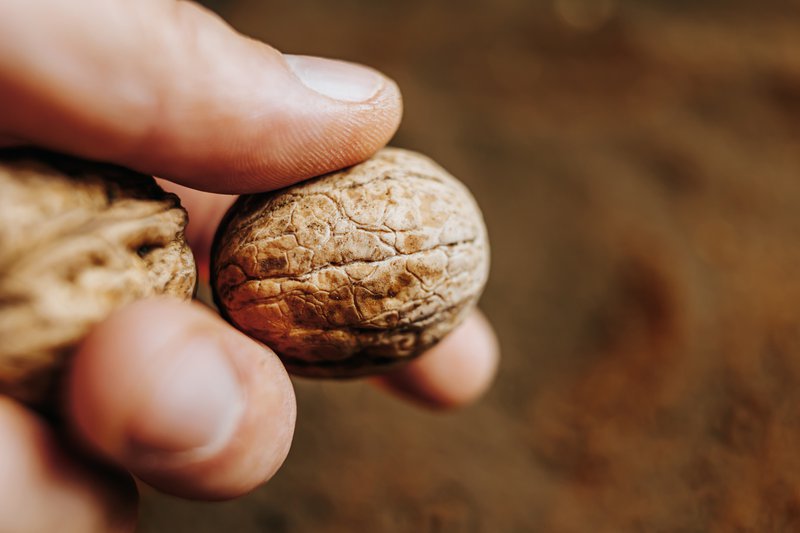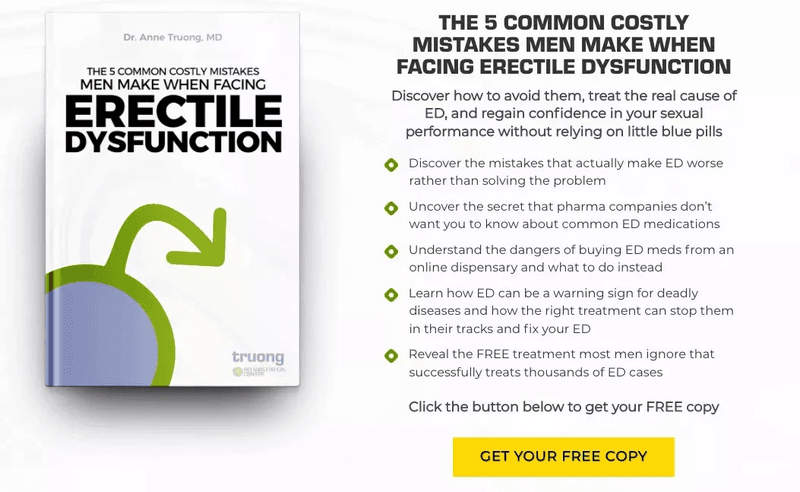Are you experiencing frequent nighttime trips to the bathroom? You might be dealing with benign prostatic hypertrophy (BPH) or an enlarged prostate. And it's a common condition affecting men as they age.
In this episode cuts through the jargon to explain what causes BPH, from hormones to genes to your daily habits. We'll also explore smart ways to manage symptoms and keep your life on track. Tune in and feel better!
- Episode Video
- What is an Enlarged Prostate or BPH?
- Key Causes of Enlarged Prostate
- Managing Symptoms of BPH
- Final Thoughts
- FREEBIES!
Episode Video
What is an Enlarged Prostate or BPH

The prostate is a small gland, about the size of a walnut, located below the bladder in men. It surrounds the tube that carries urine out of the body (urethra). The prostate helps with both going to the bathroom and making sperm.
Sometimes, the prostate gets bigger than normal. This is called benign prostatic hypertrophy. When this happens, it can squeeze the urethra and make it harder to urinate. This can cause symptoms like a weak urine stream and needing to pee urgently or often. Another symptoms are going to the bathroom at night and feeling like you haven't emptied your bladder completely.
Key Causes of Enlarged Prostate
Two main things can cause an enlarged prostate as men get older: hormones and genes.
Hormone Changes
As men age, the body makes less testosterone, but it might also make more estrogen. This shift can trigger the prostate to grow. Having more body fat can also affect hormones because fat tissue can turn testosterone into estrogen.
Family History
If your dad or brother had prostate problems, you're more likely to have them too.
There's another hormone called DHT that can also play a role. DHT is a stronger version of testosterone and can make the prostate grow more. In addition, men who get hormone replacement therapy need to watch their DHT levels to avoid prostate problems.
Managing Symptoms of BPH
There are simple things you can do to feel better if you have an enlarged prostate. Here's what can help:
- Eat Healthy
Firstly, choose foods like fruits, veggies, and healthy fats (like olive oil). This can help reduce swelling in your prostate. - Stay Active
In addition to eating healthy, men should do a regular exercise and keep a healthy weight. This can improve your enlarged prostate symptoms.
BPH Treatment Options
If your BPH is more serious, there are other treatments available. These include:
- Prostate Massagers
These devices can be used externally or internally. In can help to improve blood flow and reduce swelling in your prostate. - Medical Treatments
There are special machines that use sound waves or ultrasound to treat your prostate. These can help reduce BPH symptoms.
See Your Doctor Regularly
If you think you might have BPH, it's important to see your doctor. They can check your hormone levels and do a prostate exam to monitor your condition. This will also help you get the right treatment and feel better.
Final Thoughts
An enlarged prostate can be a pain, but don't worry! By learning what causes it and taking steps to treat it, you can feel much better. Making some changes to your daily routine and talking to your doctor about medicine can really help. The sooner you get checked and treated, the easier it will be to manage this condition.
Additional Resources
Ready to empower your health journey? Secure your FREE PDF copy of the “5 Natural Solutions to Overcome ED” today! Dive into knowledge that could transform your life.
Want to regain control of your sex life? I'm going to give you this book and a 30 day trial on the Modern Man Club for FREE!
The book is the 5 Common Costly Mistake Men Make When Facing ED. This is how you can have a rock hard erection, enjoy more sex, be confident in demand, and improve your intimacy without ED medication. Uncover it all in my FREE eBook available to download now: The 5 Common Costly Mistakes Men Make When Facing Erectile Dysfunction.

